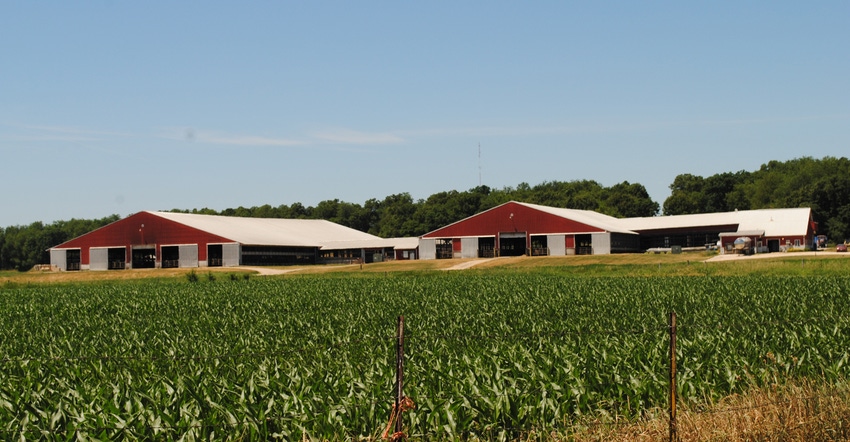April 26, 2022

The University of Wisconsin-Madison College of Agricultural and Life Sciences announced in March that its Farm and Industry Short Course would be changing from an on-campus, residential, for-credit program to a more flexible non-credit format that will likely include online learning and limited campus activities.
On April 12, CALS hosted an online listening session, which allowed short course supporters to voice their opinions on the future of the program. More than 100 people attended the listening session. The session was co-sponsored by the Wisconsin Farm Bureau Federation and Professional Dairy Producers.
Historic program
UW-Madison Farm and Industry Short Course began in 1886 when the university created a 12-week course for young men who were looking for practical farming instruction that didn’t require them to make a four-year commitment to attending college. Over the years, the program’s format evolved into a 16-week on-campus course, but for the most part, it has provided an experience for male and female students from both rural and urban areas to learn in person from UW-Madison ag professors.
In the 1970s and 1980s, annual enrollment was around 200 students. But since 2010, participation has been dwindling, with average annual enrollment at or below 100 students. Based on this trend, Doug Reinemann, associate dean for Extension and Outreach, said Farm and Industry Short Course will return to the program’s previous non-credit model after becoming a for-credit program in 2016, and it will now be housed under UW-Madison’s Division of Extension. Classes likely will be offered online, in person and using a mix of the two formats throughout the year instead of only being offered on campus from November through March. Students will no longer reside in campus dorms.
Jennifer Blazek, director of Farm and Industry Short Course, hopes the changes will mean students who previously were unable to leave their jobs on the family farm to come to UW-Madison will now be able to participate.
“Ultimately, the goal was to make a program that was a lot more flexible and better match students’ needs where they’re at,” she said.
Reinemann said enrollment has steadily declined since 2010. As numbers continued to drop over the years, he said the university engaged in various recruitment and strategic planning efforts to reverse the downward trend. He pointed out that there was a larger dip in enrollment during the pandemic, and they were hopeful for a strong recovery after COVID-19 restrictions were lifted. However, projected attendance for short course this fall is only 20 students. Blazek explained that to run an economically successful program, enrollment needs to be around 100 students.
Supporters voice concerns
Many people attending the listening session said they are skeptical about the process and how effective the short course program will be in the future. Some people asked how well online classes will work when many rural areas in Wisconsin have poor internet access. Reinemann said they plan to have students meet at satellite campuses around the state.
Kevin Bauman, a 1998 graduate of UW-River Falls, said he is frustrated with what the university is doing to the short course program.
“I think this is a shame that the program is losing its accreditation,” Bauman said. “I don’t think that this benefits anyone. Why didn’t the university reach out and discuss how to market short course to more students to boost enrollment before deciding to do this?”
A woman whose son was enrolled in short course for the fall said he was on campus Feb. 11 during an open house.
“He was all excited to enroll in short course this fall, and then he had the rug pulled out from under him,” she said. “He applied for scholarships he is no longer able to collect.”
As a result, she explained, her son has changed his plans and now plans to attend a technical college to become an electrician.
Several short course supporters said one of the main benefits of short course is living in the dorms on campus and forming lifelong relationships with other short course students. Some expressed concern that networking will not happen without a campus experience.
Blazek said the details of the program haven’t been finalized, and university leaders hope recent listening sessions will help them determine what kinds of classes would best serve the next generation of farmers and employees of agribusinesses. She said they hope to announce what classes this fall will look like in a few weeks. Anyone with questions or concerns may call or email the Farm and Industry Short Course office at 608-263-3918 or [email protected].
You May Also Like




